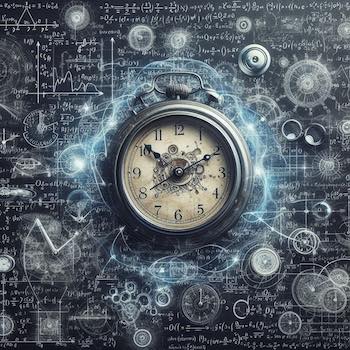A disturbance called ego…
From the Casimir effect and other properties of the quantum vacuum, Vlatko Vedral shows that everything that exists comes from this vacuum, from a Nothing that is Everything, with infinite energy. What I see as a great illustration of the T<>D principle and double look: From the point of view of an individual (Vlatko), Everything … Read more










